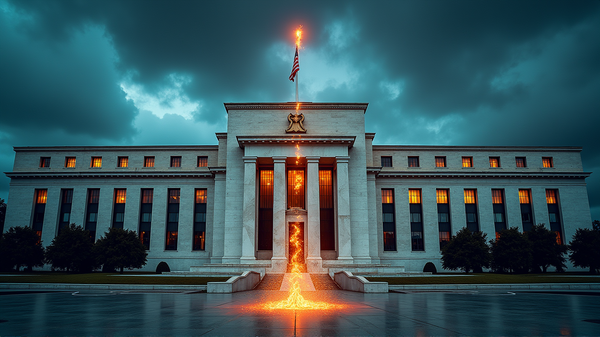Urgent Call for Unified Crypto Regulations Across Europe
A recent spotlight on the European crypto sector has revealed a pressing need for clear, coordinated regulations to support the rapidly evolving landscape. During the MiCA Crypto Alliance, key industry leaders issued an urgent appeal for immediacy in the practical implementation of the Markets in Crypto-Assets (MiCA) regulations. The experts cited a lack of consensus among National Competent Authorities (NCAs) and stressed the need for open dialogue and common technical standards as paramount to the sector’s stability.
MiCA Regulation: Historic Yet Flawed
The MiCA regulation, hailed as a landmark achievement, seeks to provide a structured framework for crypto-assets in Europe. However, the implementation has been less than seamless. Leading blockchain expert Alireza Siadat illustrated the fragmented nature of current proceedings with examples, including inconsistencies in response times for license approvals across various EU countries. While Lithuania and Latvia efficiently grant responses within months, nations like Italy and Luxembourg are seen leveraging the full length of the 18-month processing window, leaving crypto ventures in a precarious standstill.
Desperate Call for Dialogue
Alexandra Lloyd, prominent Risk & Compliance Manager, emphasized the necessity for informed officials who understand the technology they regulate. The sector suffers from disjointed interpretations on crucial matters like ESG compliance and remote identification, a situation that could be ameliorated through shared definitions and standards. According to The Cryptonomist, a united front is imperative to break through the inertia stifling the industry’s potential.
Striking a Balance Between Regulation and Innovation
Emilie Moritz of Safello underlined the delicate balance required between stringent regulations and the fostering of innovation. With Europe poised for growth in the crypto market, regulations should be a facilitator, not an obstacle. Moritz echoed a common sentiment: regulations should not stifle the ongoing momentum of enthusiasm within the market.
From MiCA to MiCA 2.0?
The notion of evolving from MiCA to an enhanced version, MiCA 2.0, was explored, but experts like Isadora Arredondo suggested focusing on creating unified technical standards instead. Avoiding regulatory arbitrage was highlighted as crucial for maintaining global competitiveness and ensuring a cohesive European market.
Forge Ahead with Collaboration
The conference concluded on a decisive note: collaboration between regulators and the crypto industry is not optional but necessary. With formal consultations proving inadequate, continuous interactions through workshops and forums were advocated to forge mutual understanding.
“Only in this way can we ensure protection for consumers, certainty for operators, and attractiveness for Europe. The market is ready, but it needs clear rules,” concluded Magnus Jones, a board member of the Nordic Blockchain Association.
With these calls resonating throughout the industry, the question remains: How swiftly will Europe respond to these pressing challenges?




